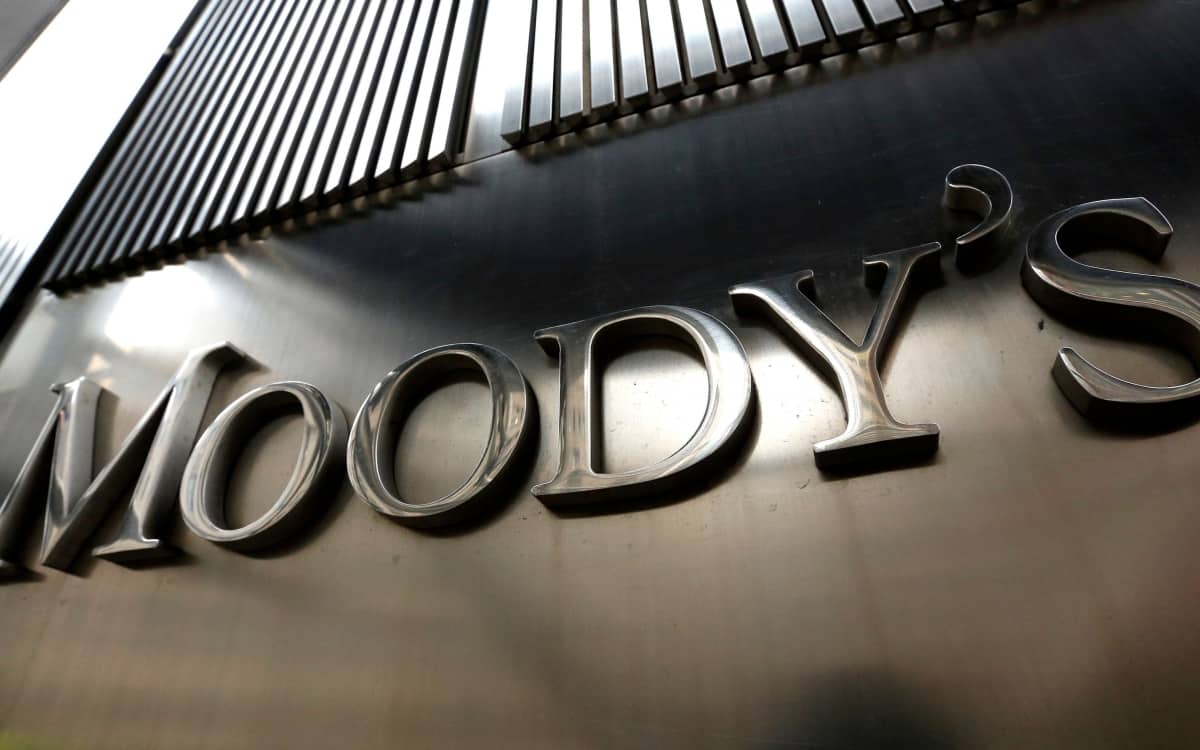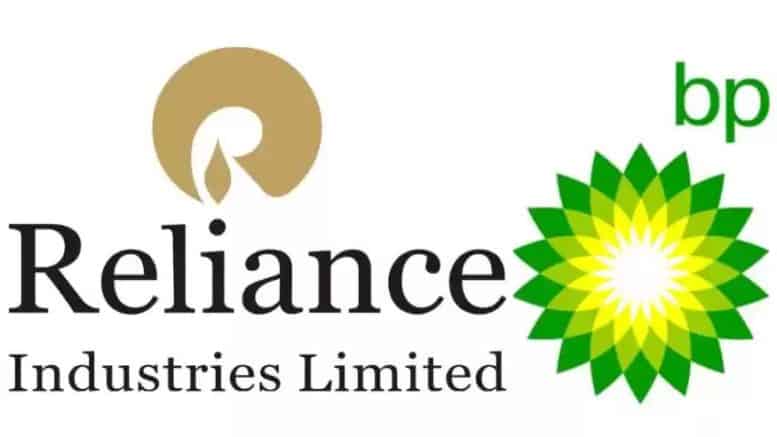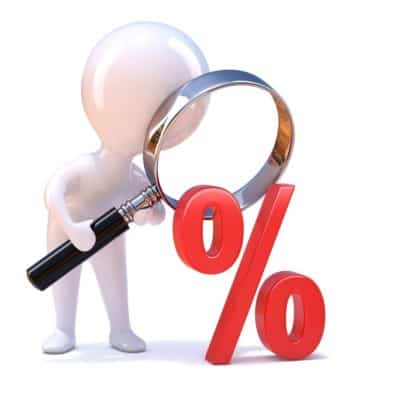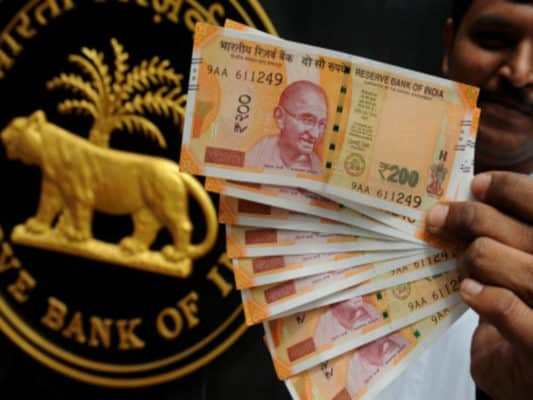India’s economy constrained by weakening household consumption: Moody’s

Singapore–
India’s weak household consumption will curb economic growth and weigh on the credit quality of Indian issuers in a range of sectors, Moody’s Investors Service said on Monday.
Like other major markets, India’s growth has decelerated with GDP growth falling to 4.5 per cent in the July to September quarter from 5 per cent in the April to June quarter. Moody’s has lowered its GDP growth projection for India for the fiscal year ending March 2020 to 4.9 per cent from 5.8 per cent. “What was once an investment-led slowdown has now broadened into weakening consumption, driven by financial stress among rural households on the back of stagnating agricultural wage growth and constrained productivity as well as weak job creation due to rigid land and labour laws,” said Moody’s Assistant Vice President and Analyst Deborah Tan.
The credit crunch among non-bank financial institutions (NBFIs), which have been major providers of retail loans in recent years, has exacerbated this slowdown.
“While the income shock to households has been unfolding over several years, it was not visible on headline growth as long as households could borrow from NBFIs. With the materialisation of a credit supply shock, we now see the impact of these twin shocks on growth,” added Tan.
Meanwhile, Moody’s expects that government measures to stimulate domestic demand — including income support for farmers and low-income households, monetary policy easing and a broad corporate tax cut — will be limited in offsetting this slowdown.
Although a modest recovery is expected for next year, supported partly by spillovers from policy stimulus, economic growth will be weaker than in recent years which will have negative credit implications for Indian issuers in a range of sectors.In automotive, weak demand and tight liquidity will constrain automakers’ earnings. Although delinquencies in auto asset-backed securities (ABS) have not increased significantly, the performance of commercial vehicle loans backing ABS deals could deteriorate if economicconditions remain subdued for a prolonged period.
The slower economic growth over the last few quarters will also reduce the debt servicing capabilities of households, which in turn will weaken the asset quality of retail loans across all segments. Private-sector banks have a larger exposure to retail loans and may be more at risk.
However, an increase in non-performing loans should be gradual.







